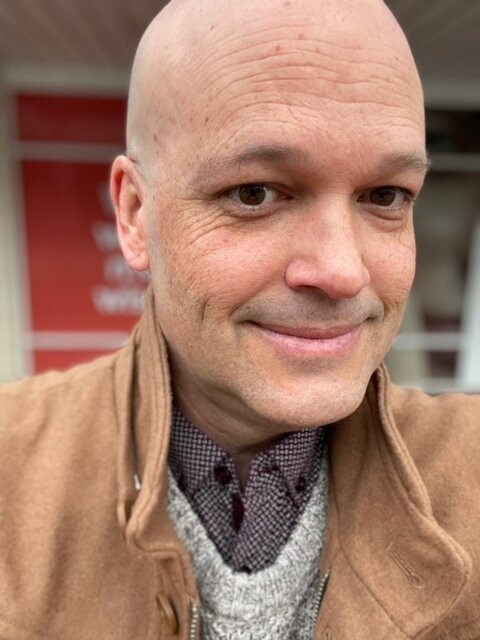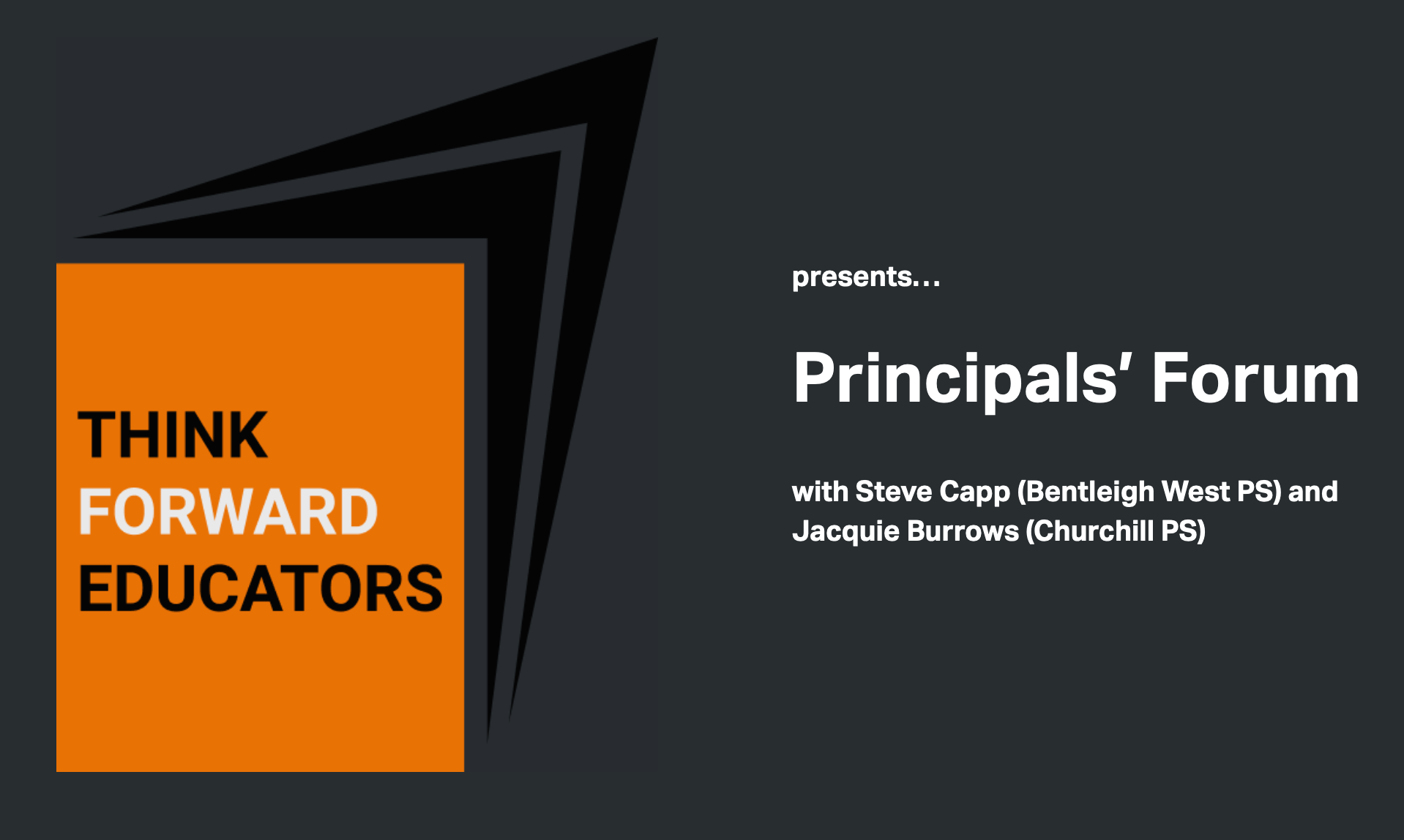
Quality Differentiated Teaching Starts at Wave 1 - Stuart Kitto - SA Branch
Stuart Kitto is a former principal who has been working in central office roles around disability policy and practice for the last 2 years. In this talk, he discussed the evidence around inclusion, and how schools might use waves of intervention to minimise the risk of learners slipping through the gaps. He makes some practical suggestions for schools looking to be more systematic and strategic in their approaches to planning, monitoring and stretching the learning of all.

Designing a Low Variance Spelling & Reading Curriculum - Jenny Baker
A Low Variance Scope & Sequence is a document that outlines the “what” and the “when” of literacy teaching – particularly in relation to systematic synthetic phonics; it “prescribes” a “map” of the “route” for Tier 1 and Tier 2 teaching. In this webinar, Jenny will discuss how to select words to create the best possible entry into any sound system based on the properties that best discriminate between the chosen spellings.

Moving towards the Science of Learning - Jack Neil
A school improvement journey. In this practical and reflective talk, Jack Neil will explore an example of how to initiate school change towards the Science of Learning, and how to lead in a new space. Jack will emphasise that key to leading change is embracing teachers as your greatest asset.

TFE Principals’ Forum - 19th Aug 2021
In Aug 2020, we convened our fourth Think Forward Principals’ Forum, bringing together Principals and APs/DPs to discuss high quality instruction and the Science of Learning.

Using cognitive models as a roadmap for assessment and teaching reading - Prof Anne Castles
Reading is a complex skill involving multiple processes, even at the single word level. In this talk, Distinguished Professor Anne Castles gave an overview of what is known about how words are read and learned in the context of an explicit cognitive model. She then illustrated how such cognitive models can provide a “roadmap” for teachers, guiding assessment and informing how best to teach word reading for maximum effects.

TAS Branch - How revolutionary is The Writing Revolution? - Dr Damon Thomas
See how we launched the TAS Branch of TFE, and hear from special guest, Dr Damon Thomas from the University of Tasmania on: How revolutionary is The Writing Revolution?

An Evening with Jordan Baker
Join our conversation with acclaimed journalist Jordan Baker to talk all things education - from the recent Maths Curriculum controversies, to the Reading Wars redux.

Mentor Program Info Session Jul 2021
Interested in mentoring from one of our volunteer educators? Wanting to give back, and mentor a teacher/educator early in their Science of Learning Journey? Catch the recording for this interactive session about our Mentor Program, and place your application.

Dual-qualified teachers and speech pathologists - Snow, Serry, and McLean
Hear about the latest research into the experiences and opinions of dual-qualified speech pathologists and teachers regarding their pre-service education in each discipline, and how this impacts their practice.

NSW Branch - Carina McSweeney - The Science of Reading in NSW Schools
Wherever you are in the SoR journey, there’s a sense of excitement that NSW is leading the way! NSW TFE branch invites you to take part in the conversations or learn more to meet the challenges ahead.

TFE Principals’ Forum - 10th Jun 2021
In Jun 2020, we convened our third Think Forward Principals’ Forum, bringing together Principals and APs/DPs to discuss high quality instruction and the Science of Learning.

Are the five components of reading enough? - Troy Verey
Join Troy as he shares his experiences in implementing the five components of reading, discussing an evidence-based approach to explicit instruction and its importance for teaching students to read.

Gippsland Branch - Rosemary Roberts - Systematic Synthetic Phonics: How & Why?
Exclusive to Gippsland members. Gippsland Educators Language & Literacy are very excited to be announcing their second professional learning session for teachers.

Building a Coherent Curriculum - Reid Smith
Reid shares his experiences in working towards a coherent and knowledge-rich curriculum, discussing the development of a low-variance approach to instruction and its importance to long-term knowledge building.

The Science of School Improvement - David MacSporran and Yates Avenue Public School
David MacSporran is the Principal of Yates Avenue Public School in western Sydney. The school has a clear vision for evidence-based teaching practices and continuous improvement for all staff. David and the leadership team will present an outline of how the science of reading and Explicit Direct Instruction has informed their school improvement journey.

How to Provide Evidence-Based Reading Support - Greg Clement - Clayton South Primary
Primary School Principal Greg Clement is successfully leading a change in practice using the science of reading at Clayton South Primary School. You may have heard of the work going on at CSPS via Greg’s new blog. Hear how your school could do the same!

TFE Principals’ Forum - 10th Mar 2021
On the 9th Nov 2020, we launched the Think Forward Principals’ Forum, bringing together Principals and APs/DPs to discuss high quality instruction and the Science of Learning.

Writing and the science of learning - Daisy Christodoulou
Think Forward Educators is thrilled to welcome Daisy Christodoulou to speak with us. Join us for an evening with one of the world’s most influential educators. Daisy provides her take on some of her areas of expertise, including Effective instruction, Assessment, and Writing.

TFE Nov Webinar Churchill Primary
Churchill Primary uses an Explicit Direct Instruction approach, teaching the five components of literacy based on the science of reading. Principal, Jacquie Burrows has overseen significant increases in NAPLAN literacy results using this approach, and expects to see this trend continue.

TFE Principals’ Forum - 9th Nov 2020
On the 9th Nov 2020, we launched the Think Forward Principals’ Forum, bringing together Principals and APs/DPs to discuss high quality instruction and the Science of Learning.
